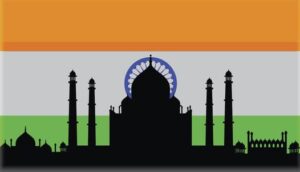 The Unique Identification Authority of India is urgently reminding government service providers that they are obligated to serve citizens even when those citizens aren’t able to present credentials with Aadhaar, the national biometric ID program that the UIDAI administrates.
The Unique Identification Authority of India is urgently reminding government service providers that they are obligated to serve citizens even when those citizens aren’t able to present credentials with Aadhaar, the national biometric ID program that the UIDAI administrates.
In a public statement, the UIDAI says it has taken note of “media reports that some service providers are denying essential and other services for want of Aadhaar,” adding, “Such violations are punishable under respective laws of the land.” The UIDAI asserts that there are guidelines in place for making exceptions when Aadhaar authentication is not possible, and that there are auditing processes to ensure that such exception policies are not abused, so there is every reason to offer the government services expected by citizens even when those citizens cannot prove their identities on an Aadhaar basis.
The statement, alleviative though it is, points to wider dysfunction in the Aadhaar program, which has become pervasive in Indian society despite widespread confusion over its scope and standards. The UIDAI also recently issued a statement reminding citizens that laminated Aadhaar cards are unnecessary and that their retail production is illegal, whereas citizens can themselves print their own ID cards using regular ink on paper; and it recently announced that facial recognition would be introduced to the program to resolve cases in which the standard biometric authentication mechanisms, facial and iris recognition, are not supported – but only in situations where it can be used in combination with one of those other mechanisms.
Source: UIDAI
–
February 13, 2018 – by Alex Perala





Follow Us